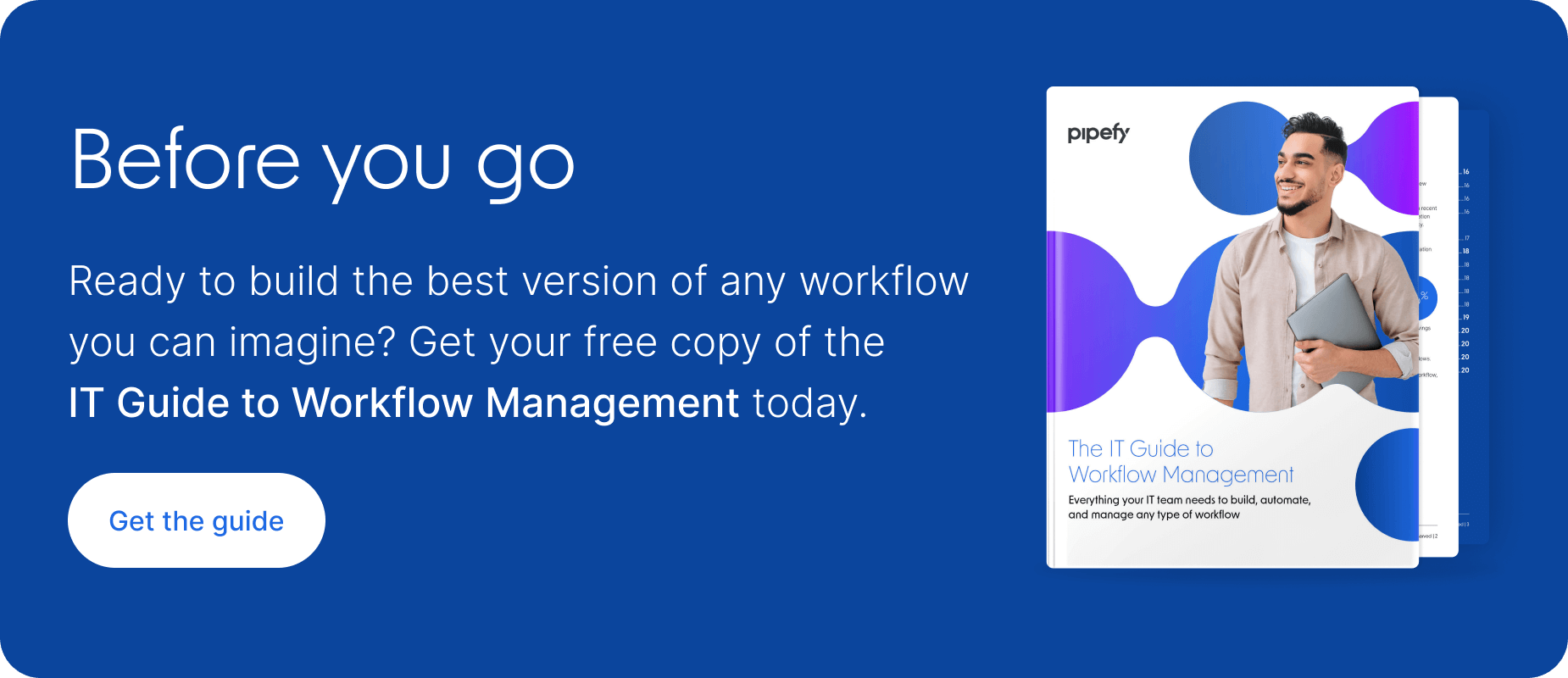
Ever wondered why so many automation projects hit a wall soon after launch? More often than not, the answer lies in the technology choice—or more precisely, when a company don’t choose the right AI agent for process automation. With the explosion of AI solutions targeting business operations, countless platforms now promise to “automate everything.” But not every AI tool is built to deliver real value in the complex, ever-changing world of process management.
If you’re after more than just a basic script that repeats tasks—and you’re aiming to scale automation with intelligence—this guide is for you.
Why are AI agents the next evolution in automation?
A McKinsey study estimates that generative AI could add trillions of dollars in value to the global economy by boosting productivity. But before you start experimenting with random tools, it’s important to understand how an AI agent differs from traditional automation bots like those used in RPA.
The big shift? Decision-making, adaptability, and context awareness.
While an RPA bot simply follows pre-set instructions, the right AI agent can interpret exceptions, make decisions based on complex rules, and even interact with people or other systems to resolve issues on the fly.
Better yet, with advances in AI orchestration, you’re no longer limited to isolated automations. You can coordinate multiple intelligent agents to work in sync—governed, monitored, and fully traceable.
What to Look for in the right AI Agent for Process Automation
Here are the key factors to consider before making a decision:
1. Understand the Process You Want to Automate
It may sound obvious, but this is the number one mistake companies make. Many try to plug AI agents into poorly defined or overly manual processes that aren’t ready for automation.
Before diving into tools, map the workflow, identify critical steps, and flag decision points. If your process requires human interaction, interpretation of unstructured data, or decision-making under uncertainty, then yes—AI is the way forward.
2. Choose Agents That Can Learn and Adapt
Look beyond rigid decision trees. A solid AI agent learns from data and improves over time based on past outcomes.
This matters a lot in areas like customer service, procurement, HR, or operations. Imagine an agent that figures out certain request types need extra validation—and starts handling them proactively. That’s what true intelligent automation looks like.
3. Prioritize Integration with existing systems
Your AI agent should easily connect with tools like CRM, ERP, email, and databases. Look for platforms that offer native connectors or strong APIs.
This is where AI orchestration really shines. It lets you coordinate different agents—and systems—so they work together smoothly without adding more silos.
4. Assess the Agent’s Autonomy
Not all AI agents are truly autonomous. Some still require constant approval or break down outside of a narrow script.
Go for agents that can reason through context using large language models (LLMs) or advanced decision algorithms. They’ll handle edge cases, loop in people when needed, and keep the process running without manual babysitting.
5. Build Governance In from Day One
AI-powered automation is great—but you still need control. Robust agents offer monitoring dashboards, detailed logs, performance metrics, and audit trails.
Avoid “black box” solutions that you can’t explain or manage. If your company follows regulations like ISO, GDPR, or SOX, governance isn’t optional—it’s mandatory.
Related reading: Learn how AI Agents are transforming enterprise automation strategies.
Real-World Use Cases for AI Agents
Still unsure whether AI agents are worth it? Here are a few practical examples:
- HR: Resume screening, interview scheduling, and automated feedback sent to candidates—all handled by conversational agents integrated with your ATS.
- Finance: Bank reconciliation, report generation, auto-categorizing expenses, and flagging financial anomalies.
- Customer Support: Automated ticket responses, smart routing, and post-interaction feedback collection.
These aren’t just upgraded chatbots. These are intelligent agents making decisions, learning from data, and managing end-to-end processes.
How AI Orchestration Supercharges Your Strategy
Remember those fragmented automations? AI orchestration fixes that. It allows specialized agents to collaborate across different stages of a process.
Imagine this setup:
- Agent A validates documents
- Agent B pulls data from an external source
- Agent C makes the final decision
- Agent D communicates with the customer
All of that happens in sync, with full transparency. That’s AI orchestration in action.
Further reading: See how AI-powered automation is reshaping business operations.
Final Thoughts: Smart AI Is Applied AI
There’s no “one-size-fits-all” when it comes to AI agents. The right fit depends on your business context, process maturity, and the outcomes you’re after. But one thing is clear: if you want to scale automation intelligently, AI agents are the way to go.
And with Pipefy’s AI Agents, you get more than just task automation. You get the power to transform workflows, empower teams, and deliver real business value.
Click the button below to book a demo and see meaningful results in just a few weeks.






